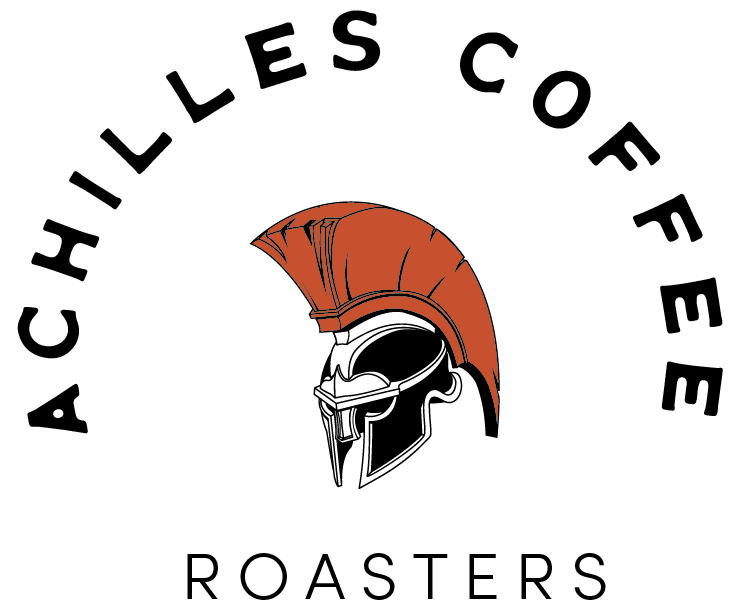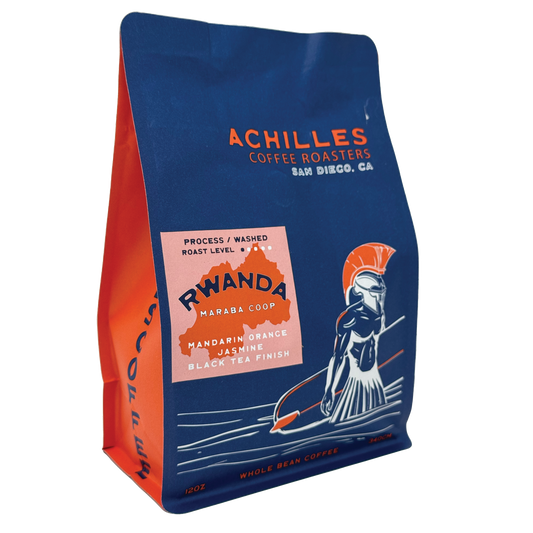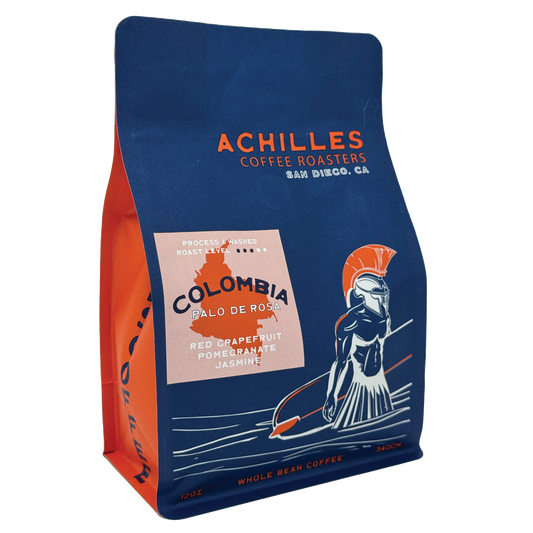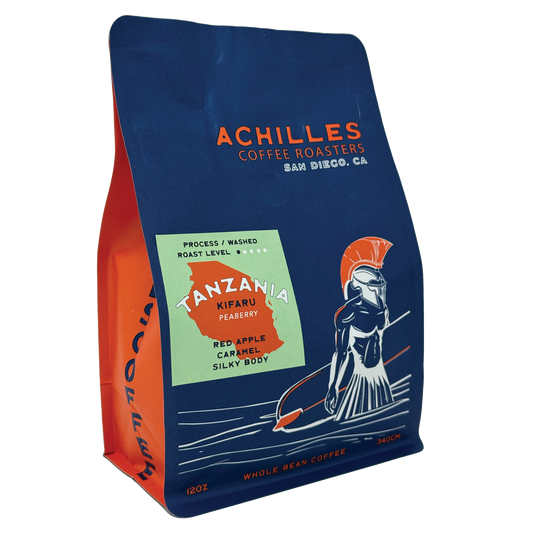If you’re a coffee shop owner you might have considered roasting your own beans at some point. But the cost can be prohibitive for some — when you consider equipment, leasing space, building out that space, getting the right permits, and so on, the costs soon mount up.
Now that’s all starting to change with a new model: cooperative coffee roasting.
What is a Cooperative Coffee Roasting?
At its simplest, a cooperative is an organization run by its members, for the benefit of its members. It has historically been a popular business model for agriculture, art, groceries and sports teams. Industries in which being run by and for customers or fans can be a true asset. An insurance company that is owned by its customers will charge lower prices and pay more claims, for example, because they aren’t driven by the need to make a profit — they merely need to break even. A sports team run by its fans will always place fans’ interests ahead of commercial interests.
Now the model is spreading to cooperative coffee roasting. Cooperatives like Buckman Coffee Factory and Pulley Collective in New York, are beginning to make coffee roasting more accessible to everyone including small local coffee bean roasters.
Cost Benefits of a Cooperative Model
 At its simplest, a cooperative allows people to share the startup costs of roasting. Pulley Collective, for example, estimates that the costs of opening a new coffee roasting operation would be between $300k – $1m in New York. Pulley Collective, in comparison, charges its members $850 per week for membership, with different packages available depending on whether you want to rent the space by the day or by the hour. Buckman Coffee Factory offers hourly and monthly leasing options as well as green coffee storage.
At its simplest, a cooperative allows people to share the startup costs of roasting. Pulley Collective, for example, estimates that the costs of opening a new coffee roasting operation would be between $300k – $1m in New York. Pulley Collective, in comparison, charges its members $850 per week for membership, with different packages available depending on whether you want to rent the space by the day or by the hour. Buckman Coffee Factory offers hourly and monthly leasing options as well as green coffee storage.
This means that roasting is accessible to everyone, no matter the budget.
Better Coffee, Too
Simple economics would suggest that when the cost of entry into a market falls, more people will enter that market.That’s exactly what’s happening with cooperative coffee roasters: more and more small, niche, local coffee bean roasters are getting involved, spurred on by the lower start up costs and a chance to do something they love.That’s exactly what’s happening with cooperative coffee roasters: more and more small, niche, local coffee bean roasters are getting involved, spurred on by the lower start up costs and a chance to do something they love.
With lower costs, roasters now have the freedom to experiment and try new ideas, too. By allowing room for this variety and innovation, cooperative roasters lead to better quality coffee.
There’s one final benefit: ready access to a community of like-minded people. Coffee Roasters can surround themselves with others who are striving to create great coffee, sharing advice and stories, and bonding over their shared passion.
With so many benefits to coffee roasters and drinkers alike, there’s no doubt about it. Cooperative coffee roasting is here to stay.








